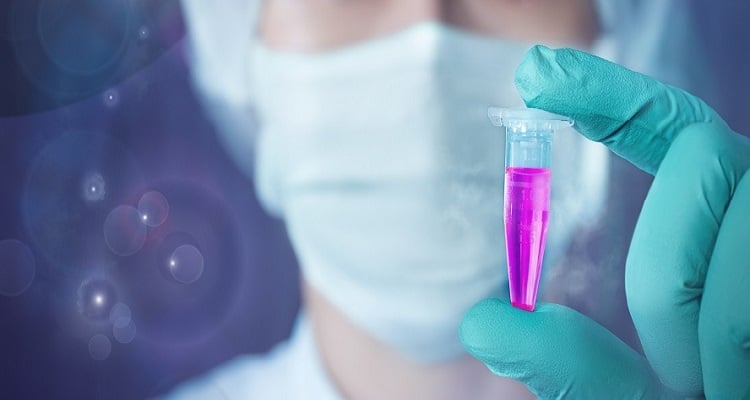3D printing technique could eliminate animal testing in drug development
University of Strathclyde study creates microvasculature models for advanced drug screening and disease research
A new study utilising a 3D printing technique to produce tiny human blood vessel structures may pave the way for replacing animals in drug testing.
Published in Angewandte Chemie, the research demonstrates the creation of microvasculature—small vessels crucial for tissue health—measuring just 70 micrometres, thinner than a human hair. The method, called PRINCESS (PRINting Cell Embedded Sacrificial Strategy), uses a DNA hydrogel as a biolubricant, enabling the successful printing of the smallest microvasculature to date.
The research, led by the University of Strathclyde, aims to create scalable human tissues for drug screening. The team believes this approach could reduce animal testing, which often fails to accurately predict human responses. The method may also lower costs and improve effectiveness, potentially saving the pharmaceutical industry billions.
“Animal testing is not always a good predictor of human response to a drug, so there is a need to develop a more realistic human testing mechanism, and microvasculature is a key facet of that,” said Professor Will Shu, Hay Chair at the University of Strathclyde. “Our new strategy offers an exciting way to produce engineered human tissues or mini-organs in the lab that could eventually replace the use of animals.”
Professor Shu also highlighted the potential of this technology to create human disease models. Progress has already been made in research applications for heart disease, cancer, and neurodegenerative conditions such as Parkinson’s.
The study, conducted in collaboration with Tsinghua University in Beijing, was funded by UKRI’s Engineering and Physical Sciences Research Council, the Medical Research Council, and NC3Rs, a UK-based organisation dedicated to reducing animal use in research.


